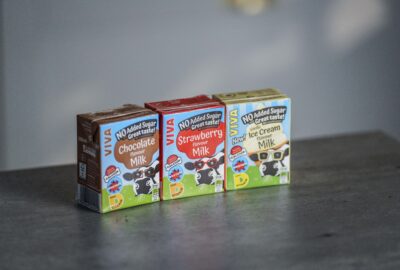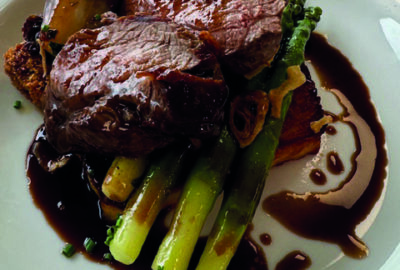Some care home residents may find it difficult to communicate their needs and preferences at mealtimes because of language impairments, speech disorders or language differences. Others may be hard of hearing or have vision loss which can prevent them communicating effectively. Residents with dementia may experience difficulties in memory, comprehension and expression which can lead to misunderstandings.
Amanda Woodvine, chief executive of charity Vegetarian For Life, which aims to improve the quality of life for older vegetarians and vegans, gave a presentation at the National Association of Care Caterers (NACC) training forum on how to improve the eating and drinking experiences of residents with communication difficulties. She highlighted how the Talking Mats system can help individuals communicate their likes and dislikes within a dining environment, including specific foods or mealtime routines. “This information can be valuable for catering staff to tailor the dining experience to individual preferences,” adds Amanda.
A ‘Talking Mat’ typically consists of a physical mat divided into sections or categories, using symbols or images to represent different topics or aspects of a conversation – digital versions are also available. The mat is accompanied by a set of corresponding symbols on cards or images that can be placed on the mat to guide and structure the discussion.
Amanda explains, “In a dining situation, it can be used to enhance communication and decision-making. The mat can include symbols representing different aspects of dining. By using the mat and associated cards, individuals can point to or place cards in accordance with their preferences. This provides a structured and visual way to participate in the dining process.”
Vegetarian for Life have recently introduced a new ‘Talking Mats’ resource. The charity had been hearing about some vegetarians with dementia who were asking for meat. Amanda says, “It seemed unlikely to us that people who had chosen to be vegan or vegetarian because of their beliefs would suddenly reconsider these views. Staff and families were facing a dilemma and we thought Talking Mats would be a great tool to explore food preferences and perhaps help to find out if a person was genuinely asking for meat. It’s important that if a resident develops cognitive impairment such as dementia, they will still be offered a choice of meals, drinks and snacks that uphold their beliefs.”
The new Talking Mats resource, available from the charity, comprises four sets of symbols designed to allow people to express their food preferences. Amanda says, “Meat and fish options are included to help get a reliable picture of a person’s beliefs.” Some of the cards cover general subjects, while others are more specifically vegetarian or vegan focused and include celebrations and events. “Vegetarians and vegans will want to enjoy these too, but may feel excluded if offered a salad while others eat burgers. People adopt vegetarian or vegan diets for different reasons and these topics address the reasons behind this choice and consider the wider lifestyle implications, not just diet,” says Amanda.
For care homes interested in introducing the Talking Mats system, Amanda recommends foundation training, either face to face or online to learn how to effectively use the approach and support people with communication difficulties.



